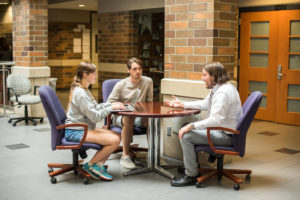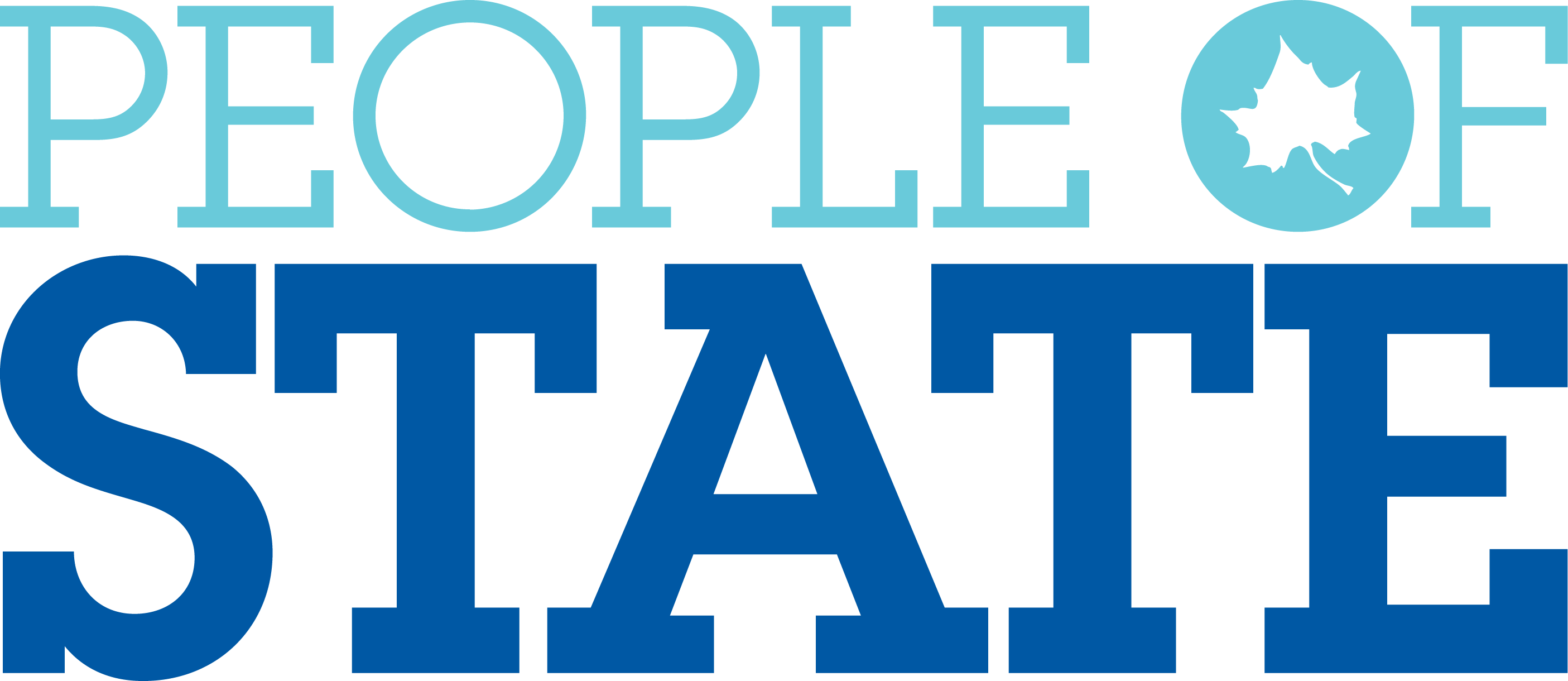
Dylan Marvel & Jared Wuerzburger
By University Marketing
Nov 1, 2019
For students, any chance to gain experience in their fields before graduation is highly sought. Dylan Marvel-Groppenbacher, an information technology student graduating in December 2020, transferred to Indiana State University as a sophomore. Since he arrived, he has found several field experiences. As first a software technician and now an inventory specialist for the Office of Information Technology, Marvel-Groppenbacher has gained first-hand knowledge of his eventual career. Dylan tributes much of his professional development to Jared Wuerzburger, assistant professor and mentor who has taken Dylan under his wing. Wuerzburger offered Dylan, along with five other Sycamores, the opportunity to participate in the Summer Undergraduate Research Experience. Ben Bequette, Casey Mershon, Michael Cates, Jack Etling, and Greg Dodd worked with Marvel-Groppenbacher and Wuerzburger to research the computational power of a “supercomputer.” Marvel- Groppenbacher and Wuerzburger have continued to work together this year, coordinating the Sycamore Technologists student organization and planning the Sycamore LAN event every semester.

How did you two first meet?
Dylan: I first had Jared for one of my first classes after I transferred to Indiana State- introduction to information technology.
Jared: I saw Dylan as someone more likely to rise to the occasion when the moment called for it. He was active in the classroom, and that indicated to me that he didn’t mind speaking up in front of large groups of people, which prompted me to offer him a leadership opportunity in the student organization.
Can you speak about your involvement in your student organization?
Dylan: We are the Sycamore Technologists. We meet every Thursday in the Technology Center in Room 304 at 5 p.m. You’re welcome to stay as long as you want. If you want an environment to do your homework and get help from other technology students, that’s a great place to do it. If you’re looking for friends within the college, we have a lot of great people that go there. We’re all just trying to hang out, have a good time, and meet people with similar interests in the field of technology. I started as treasurer of the organization for a semester, and I started as the president in Fall 2018.
How did the Sycamore Technologists come up with the idea for the Sycamore LAN?
Jared: There is a lot of overlap between people who help in technology and people who play video games. People who play video games tend to enjoy multiplayer games, and a lot of my students like to build their own computers. The idea was more of a long-term fantasy of what it would be like to bring the whole campus together for this gaming event. We wanted an event where people could show off the computers that they spent a lot of time and effort building. We can not only grow in knowledge about how information technology works, but also put together a local-area network where people can plug in their computers, and we can all have a shared experience of playing a common video game.
Dylan: We’re a place where we want to get introverted IT students to be more extroverted. We kind of put that ideology into an event, and what better event than a LAN?
How frequently does the Sycamore LAN occur?
Dylan: This is something that happens every semester and will happen every semester as long as our student organization continues. This is our third Sycamore LAN. It will be Oct. 19 from 10 a.m. to 10 p.m. in Dede II and Dede III.
Can you elaborate on the research you did this summer as part of the Summer Undergraduate Research Experience?
Dylan: We came across the idea of taking a bunch of little computers and hooking them up to make one big computer out of them. I think it sounded the most fun of the ideas we threw out that day. It was the broadest subject that didn’t have a definite solution.
Jared: This idea of grid computing or cluster computing is an up-and-coming, enterprise-level technology. These terminologies reflect the idea of taking a large computation task and separating it out to multiple computers simultaneously. Instead of having a big problem solved by one computer, we have a big problem split up into tiny parts solved by lots of computers. They used Raspberry Pis to pull it off.
What were your goals for the research?
Dylan: Our main goal was to increase the computational power that the computer could output. We had a sorting algorithm that would take a randomly-generated mass of numbers and sort them in order. We figured out how long it took a single Raspberry Pi to sort them. We just kept adding a Raspberry Pi to it and watching as it took less and less time to sort until we had all 25 Raspberry Pis and statistics to say how fast 25 are compared to one. It wasn’t 25 times faster, but it was still significantly quicker. Halfway through, Jared came to us with the idea of using the cluster as an application for one of the classes he is teaching this semester.
Jared: We will use the supercomputer to hosts websites and databases for fake businesses in order to manage employee, product, sales, and inventory data.
How have you grown personally and professionally as a result of working together?
Dylan: When I came here and I met Jared, I felt a lot more extracurricular activities opened up for me compared to my last university. Jared gave me the positive reinforcement to encourage me to keep going with them. I wasn’t just doing them to fill my time. It actually meant something to Jared, to the entire College of Technology, and to the greater university. I think Jared really helped me realize that I should start becoming more professionally prepared for after college. I don’t say it wouldn’t have happened without Jared, but he definitely helped me realize it a lot sooner.
Jared: I give constant pushes for personal and professional growth. Now’s the time. You’re in a new environment. You can start from scratch, so why not build yourself up to be the person you want to be while you have the time to do it?
Armed with the skills and career experience he gained during his time at Indiana State, Marvel-Groppenbacher is applying for internships for summer 2020.

